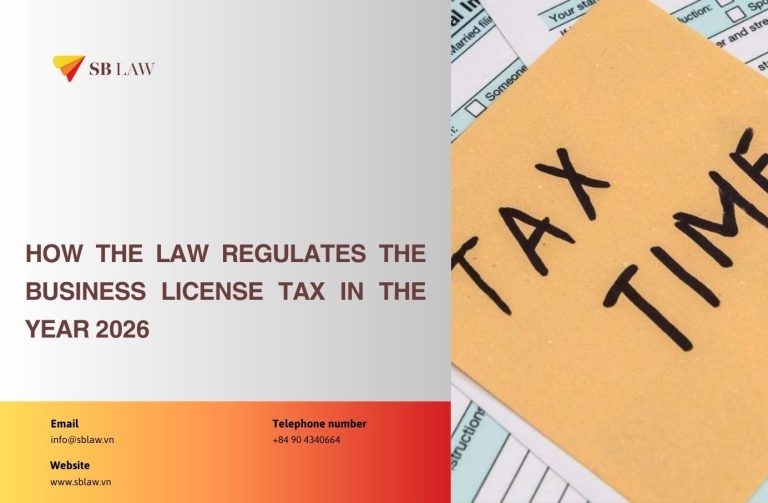Question: Our company is wondering whether it is mandatory to issue regulations on salary, bonus, allowances, and the Collective Labor Agreement (CLA). If we do not implement these regulations, what legal risks might we face?

Answer
1. Collective Labor Agreement (CLA) – Is It a Mandatory Document?
According to Clause 1, Article 75 of the 2019 Labor Code:
"A collective labor agreement is an agreement reached through collective bargaining and signed in writing by the parties."
Thus, based on this regulation, a Collective Labor Agreement (CLA) is an agreement achieved through collective bargaining and signed in writing by the parties. Therefore, a CLA is not a mandatory document for all enterprises. However, it is commonly applied in companies with a labor union or a large workforce to establish a unified set of rules regarding rights, obligations, and working conditions between the employer and employees.
2. Regulations on Salary, Bonus, and Allowances – Is the Employer Required to Issue Them?
Regulations on salary, bonuses, and allowances can be included in the Collective Labor Agreement (CLA) or issued separately. The law does not require businesses to have a standalone document for these matters. However, if a company intends to:
- Include benefits, bonuses, and allowances as deductible expenses for tax purposes.
- Ensure consistency in salary payments and prevent disputes with employees.
- Provide evidence to tax authorities that wage policies comply with legal regulations.
3. Conclusion
A Collective Labor Agreement (CLA) is not a mandatory document. However, if a company has a labor union or a large workforce, establishing a CLA can help create a transparent working environment and reduce labor disputes.
Regulations on salary, bonuses, and allowances are not mandatory. However, to ensure tax compliance and minimize legal risks, businesses should have internal documentation to demonstrate their policies.
For reference: https://sblaw.vn/services/




